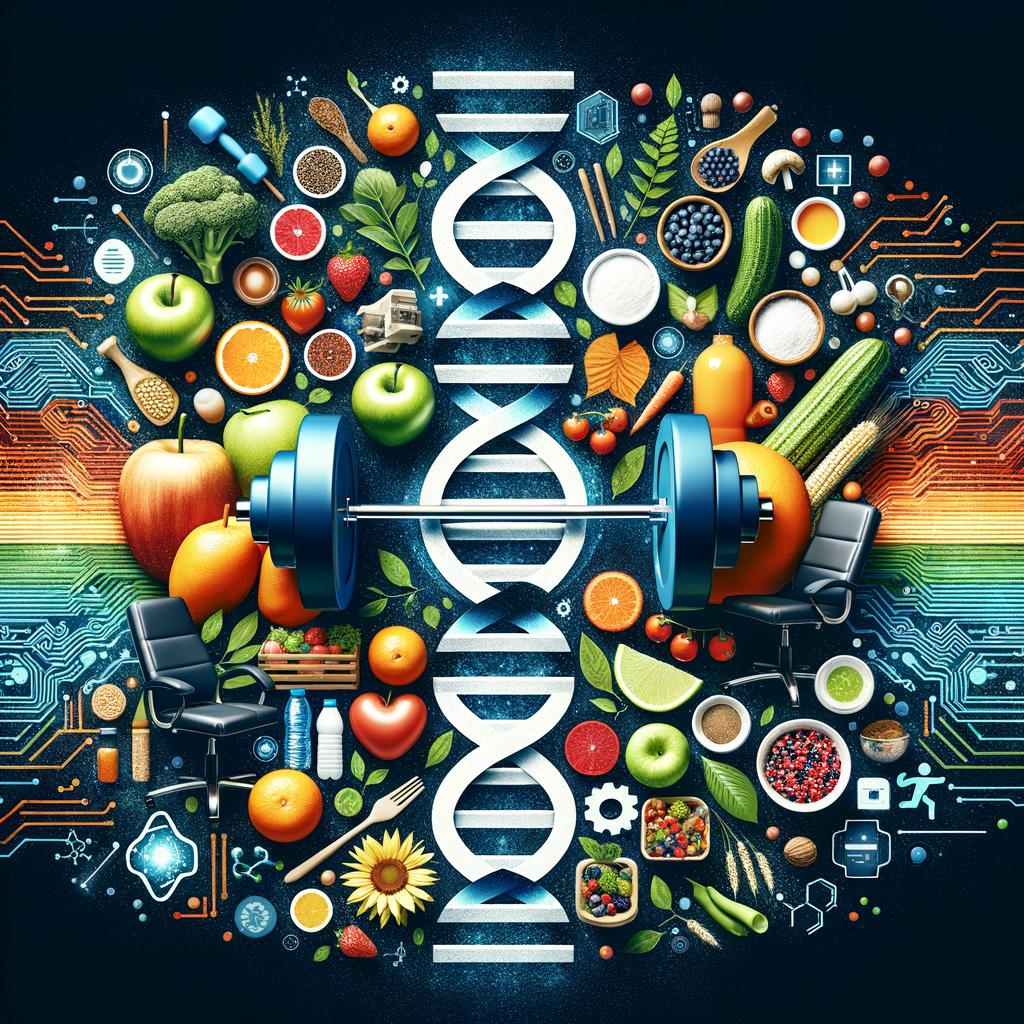
Unlock Your Potential: What Is The Best Diet For Strength Training
When you’re getting into strength training, focusing on pumping iron alone isn’t going to give you the stellar results you’re after. What you pile on your plate plays a pivotal role too. So, what is the best diet for strength training? In this article, we will delve into the ideal dietary elements to complement your strength-based workouts and optimize your performance.
What Is The Best Diet For Strength Training
The best diet for strength training typically emphasizes a balanced intake of macronutrients—protein, carbohydrates, and fats—to support muscle repair, energy needs, and overall health. A high-protein diet is crucial for muscle repair and growth; sources include lean meats, fish, dairy, and legumes. Carbohydrates are essential for energy; whole grains, fruits, and vegetables are preferred for their nutritional value and fiber. Healthy fats from sources like avocados, nuts, and olive oil support overall health. Adequate hydration and timing of nutrient intake, such as consuming protein and carbohydrates post-workout, can further enhance recovery and performance. Individual needs may vary, so consulting a nutritionist or dietitian is recommended for personalized advice.
The Synergy of Diet and Strength Training
Strength training paired with a well-orchestrated diet, aims at enhancing muscle mass, athletic potential, and overall body strength. A sound nutritional strategy supports recovery, replenishes energy, and provides the necessary building blocks for muscle growth. Below we’ll explore the key components that the best diet for strength training should contain.
1. Protein
As the primary building block for muscle growth and repair, protein should be abundant in a strength trainer’s diet. High-quality protein can be found in lean meats, dairy, eggs, or plant-based food like lentils, chickpeas, and quinoa.
2. Carbohydrates
Carbohydrates act as the central energy supply. Maintaining an ample amount in your diet ensures you can power through your strength training exercises. Whole grains, fruits, and vegetables provide a fantastic and healthy source of carbs.
3. Fats
Though often misunderstood, healthy fats are vital for body functions and transport fat-soluble vitamins. Avocados, nuts, olive oil, and fatty fish incorporate the crucial fats into your diet.
Creating a Balanced Meal Plan
A Pre-Workout Meal
Your pre-workout meal should aim to provide a steady-release of energy during your exercise. A good choice could be a combination of complex carbohydrates and lean proteins, such as chicken with brown rice or Greek yogurt with fruits.
| Pre-Workout Meal Samples |
|---|
| 1. Overnight oats with fruits and nuts |
| 2. Brown rice with lean chicken/turkey |
| 3. Greek yogurt with granola and berries |
A Post-Workout Meal
Your post-workout meal should focus on repair and recovery. This is where protein comes in handy, paired with some carbs to replenish the energy stores.
| Post-Workout Meal Samples |
|---|
| 1. An omelet with vegetables and avocados |
| 2. Grilled salmon with a sweet potato |
| 3. Quinoa bowl with tofu and veggies |
Hydration Is Crucial
Whether it’s strength training or any other physical activity, keeping yourself hydrated is critical. Ensure that you are drinking ample water not just during your workouts, but throughout the day as well.
Consider Supplements
If covering all your nutritional bases feels challenging, you might want to consider natural supplements like whey protein, BCAAs, or multivitamins. However, always consult with a professional before introducing any supplements to your diet.
Conclusion
To maximize your strength training results, having a balanced, nutrient-dense diet is key. By incorporating the right amount of protein, carbohydrates, and healthy fats, along with timely hydration and possibly some supplements, you can significantly boost your performance and muscle growth. However, one size doesn’t fit all. It’s essential to tailor your food plan to your personal needs, and if necessary, seek advice from a nutritionist or dietitian.



